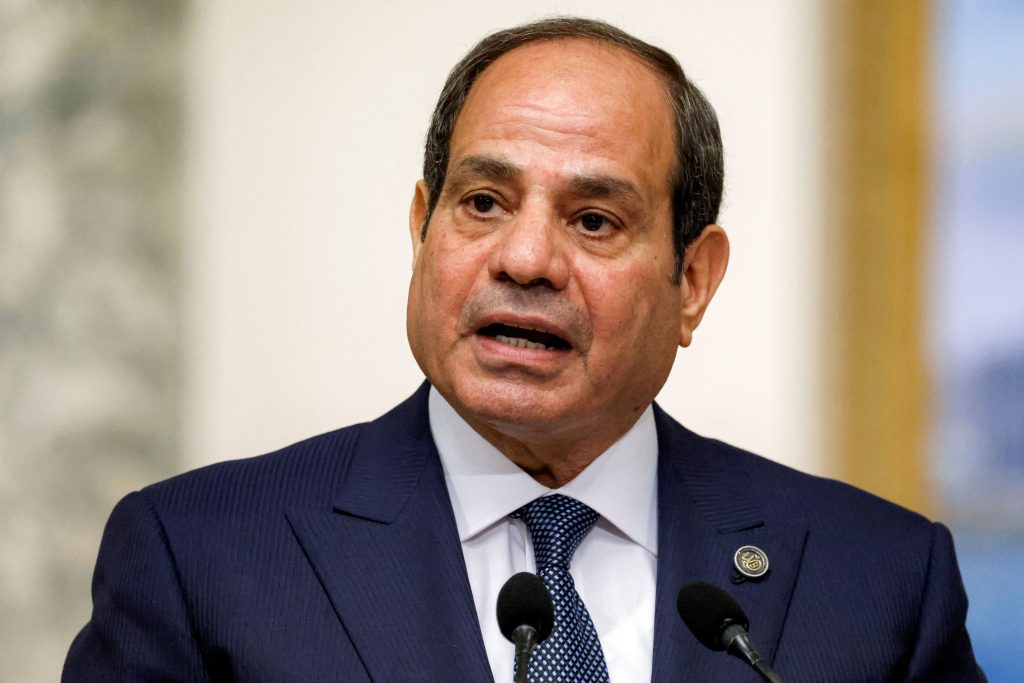Under the Presidency of Greek Prime Minister Kyriakos Mitsotakis, the United Nations Security Council is convening a high-level open debate titled “Enhanced Maritime Security through International Cooperation for Global Stability,” on Tuesday, May 20. The signature event, taking place at the UN headquarters in New York, is a key initiative of Greece’s presidency of the Security Council for the month of May.
UN Secretary-General António Guterres will brief the Council, while keynote speakers will include Melina Travlos, President of the Union of Greek Shipowners, and Christian Bueger, Professor at the University of Copenhagen and senior researcher at UNIDIR, specializing in international security.
The meeting aims to foster a strategic exchange of views among member states on how to address the growing and complex threats to maritime security. These include piracy, transnational organized crime, illegal arms and drug trafficking, human smuggling, unlawful fishing, terrorist acts, and attacks on critical maritime infrastructure.
Particular emphasis will be placed on the urgent need for enhanced international cooperation, including public-private partnerships, in maritime surveillance. This includes capacity-building, the deployment of new technologies, improved coordination of monitoring tools, and the timely sharing of information.
The session will also address risk management strategies to protect vital infrastructure, boost resilience, and ensure early response mechanisms. Climate change will feature prominently, with participants evaluating its impact on maritime security, as well as the environmental damage caused by illicit activities at sea.
Central to the debate will be the importance of the full implementation of relevant Security Council resolutions by all UN member states, and adherence to international obligations aimed at countering maritime threats.
Key Questions on the Table
The discussion will delve into crucial questions concerning the enforcement of international legal frameworks—chief among them the United Nations Convention on the Law of the Sea (UNCLOS). Delegates are expected to explore how to prioritize capacity-building needs and assess the evolving role of technology in combatting organized maritime crime.




